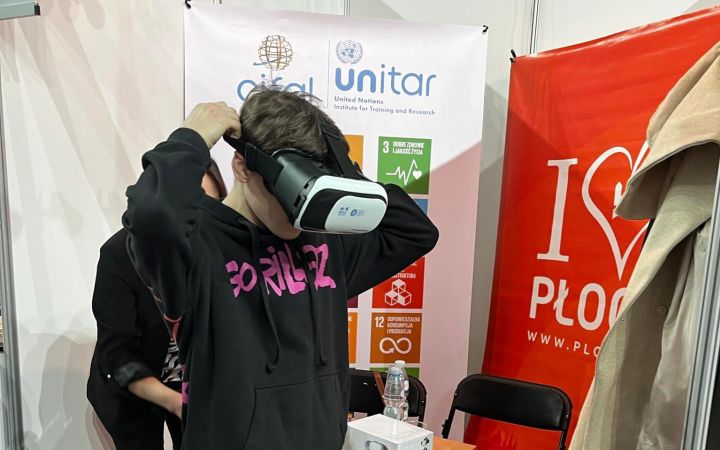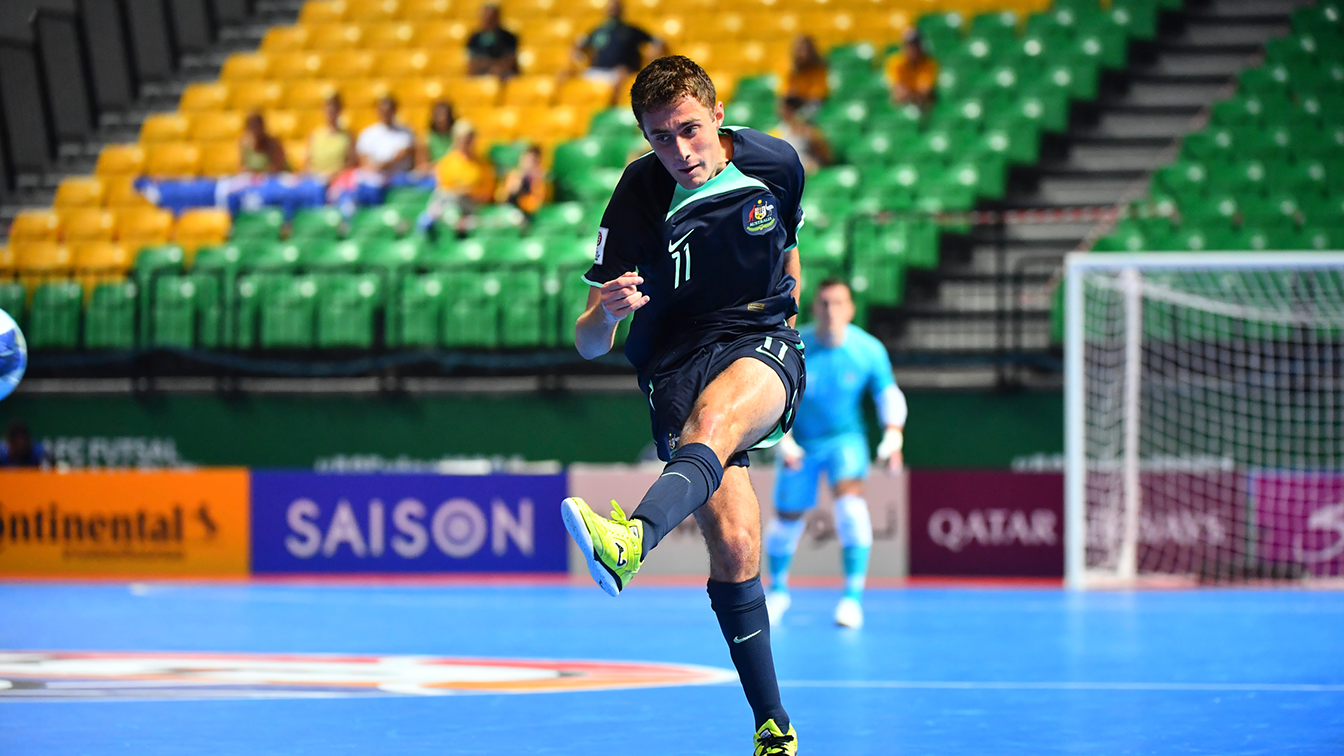More than $8 million worth of ARC grants have been awarded to two UNSW projects that will involve research into the major global challenges of antibiotic resistance and recyclable waste.
UNSW Sydney has secured $8.3 million in Australian Research Council (ARC) Industrial Transformation Research Program (ITRP) Hub grants for 2019, topping the nation for the largest share of funding and highest grant success rate.
The two UNSW projects, which were awarded funding over five years, will tackle critical challenges facing Australians, including antimicrobial resistance and finding solutions to global waste and recycling issues.
The grants will be supported by significant industry funding and in-kind contributions.
The ARC Industrial Transformation Research Hubs aim to engage Australia’s best researchers on issues facing industrial economies and training the future workforce. The scheme supports collaborative research activity between industry and the Australian higher education sector.
In a media release, Minister for Education Dan Tehan said, “Our Government is investing in these Research Hubs to push the boundaries of our knowledge and to develop solutions that benefit Australians and improve the capacity of our university and industrial sectors.”
Professor Rebecca Guy, an epidemiologist from the Kirby Institute and UNSW Medicine, will lead a hub awarded almost $5 million to develop an integrated diagnostic and pharmaceutical approach to antibiotic resistance.
The hub, supported by a further $3.8 million in contributions from biotech company SpeeDx and other partners, will develop a world-first partnership between industry, researchers and stakeholders to tackle antimicrobial resistance. The collaborative hub will focus on sexually transmitted microorganisms as a model of the wider problem of antimicrobial resistance. It will bring together 21 different organisations, including five Australian universities, five industry partners and 11 other organisations.
“We plan to develop new molecular diagnostic technology and improve the processes for identifying potential new antibiotics,” Professor Guy said. “The hub aims to connect the many complex facets of antimicrobial resistance, to provide a highly integrated diagnostic and pharmaceutical solution to the problem of antimicrobial resistance.”
Professor Veena Sahajwalla, founding Director of UNSW’s Centre for Sustainable Materials Research & Technology (SMaRT), will lead a hub awarded $3.3 million. The hub aims to transform Australia’s waste and resource recovery industry by developing advanced manufacturing capabilities that focus on small-scale processing of materials produced from battery and consumer wastes.
In collaboration with mining manufacturer Molycop and other industry partners, the project will deliver new information about high-temperature reactions of waste and selective synthesis techniques to transform waste into valuable materials and products, including metallic alloys, oxides and carbon. The aim is for industry to adopt commercially viable technology and processes where low value or complex waste is reformed into high-value materials, creating jobs and environmental and social benefits. The hub is supported by a further $2.6 million of industry contributions.
Professor Sahajwalla said it was vitally important for researches to collaborate with industry and jointly tackle some of society’s big challenges including solutions to our waste and recycling issues.
“It’s time to rethink attitudes towards all of the materials we design, produce, use and discard, to see them as renewable resources if we want to reduce our reliance on finite resources,” Professor Sahajwalla said. “With this new work on battery waste, we can help create circular economies where waste materials can be reformed into new high-value materials to boost our manufacturing industry and supply chains.”
UNSW’s Pro Vice-Chancellor Research Professor Ana Deletic said, “The University has taken a new approach to supporting ITRP bids and the result fits with our 2025 mission of collaborative partnerships, research excellence and in the case of our successful grants, meeting grand challenges in sustainability and in anti-microbial resistance. I congratulate Professor Guy and Professor Sahajwalla and look forward to watching the valuable work of these hubs over the coming years.”







